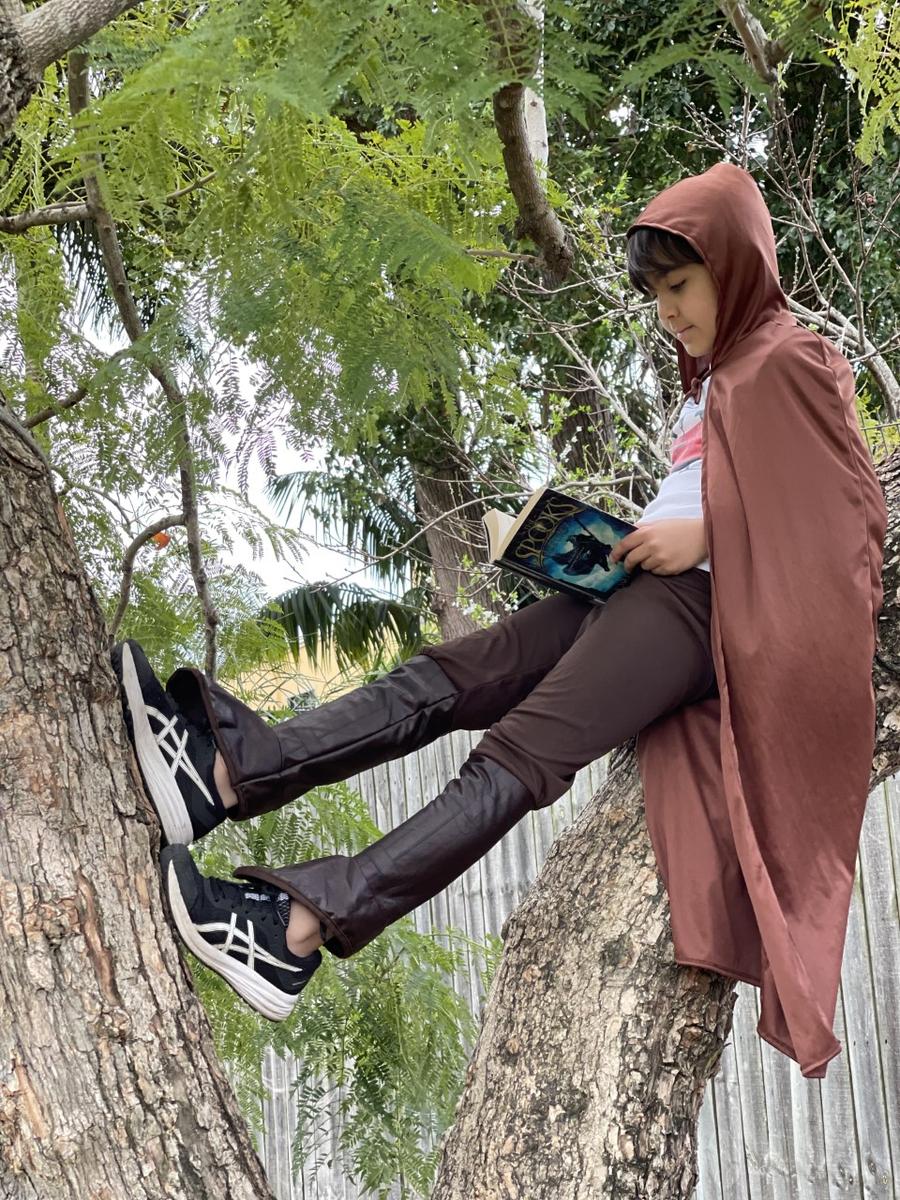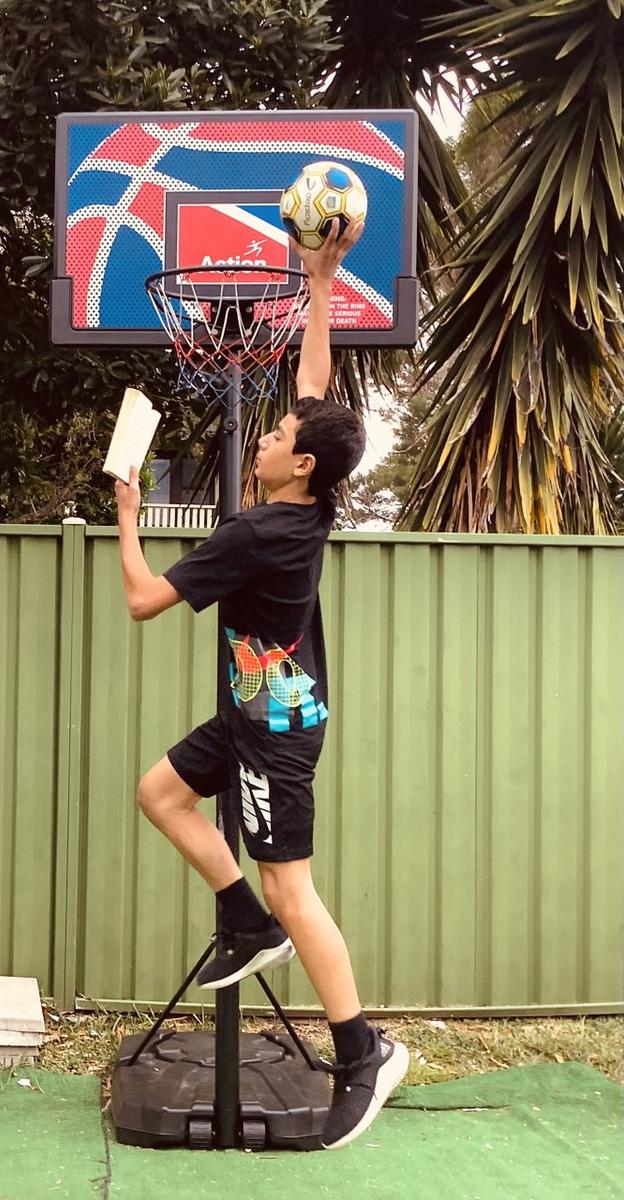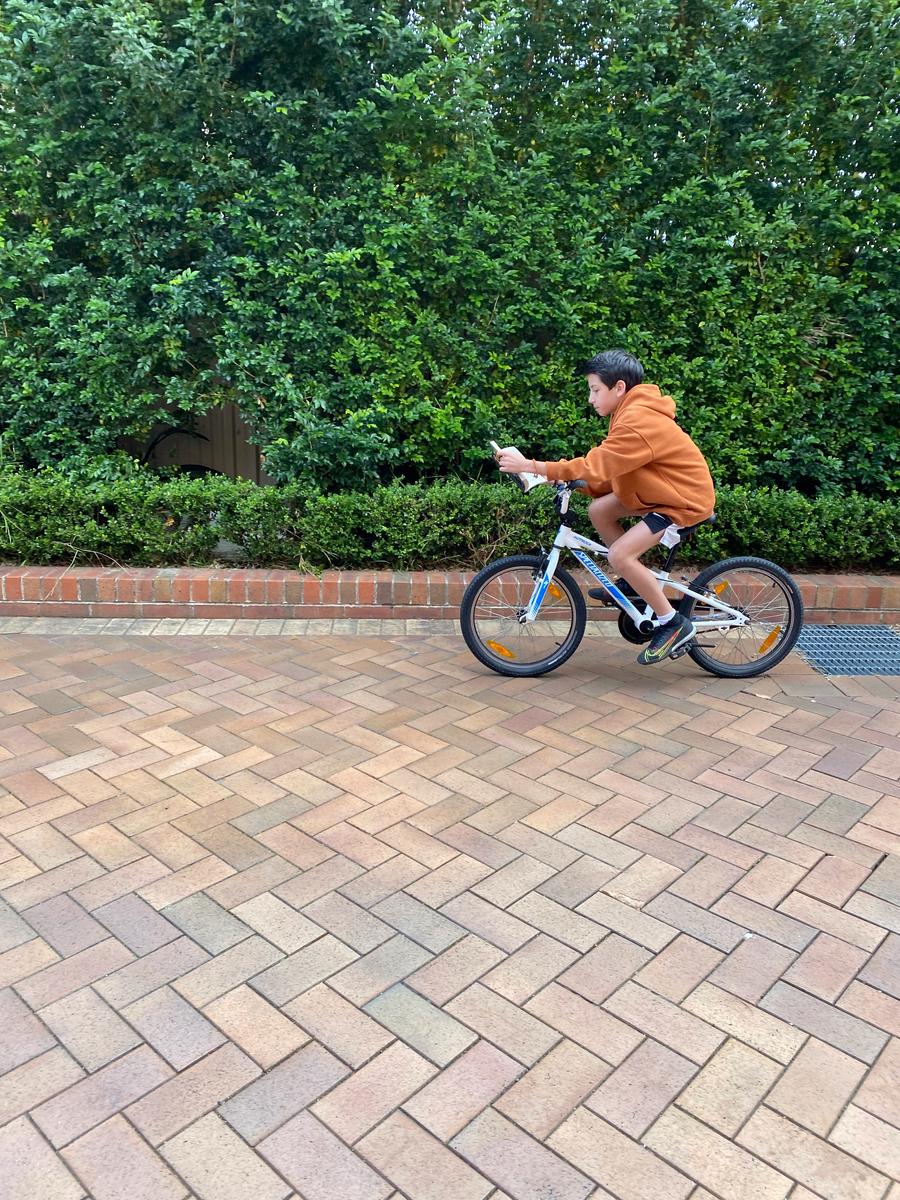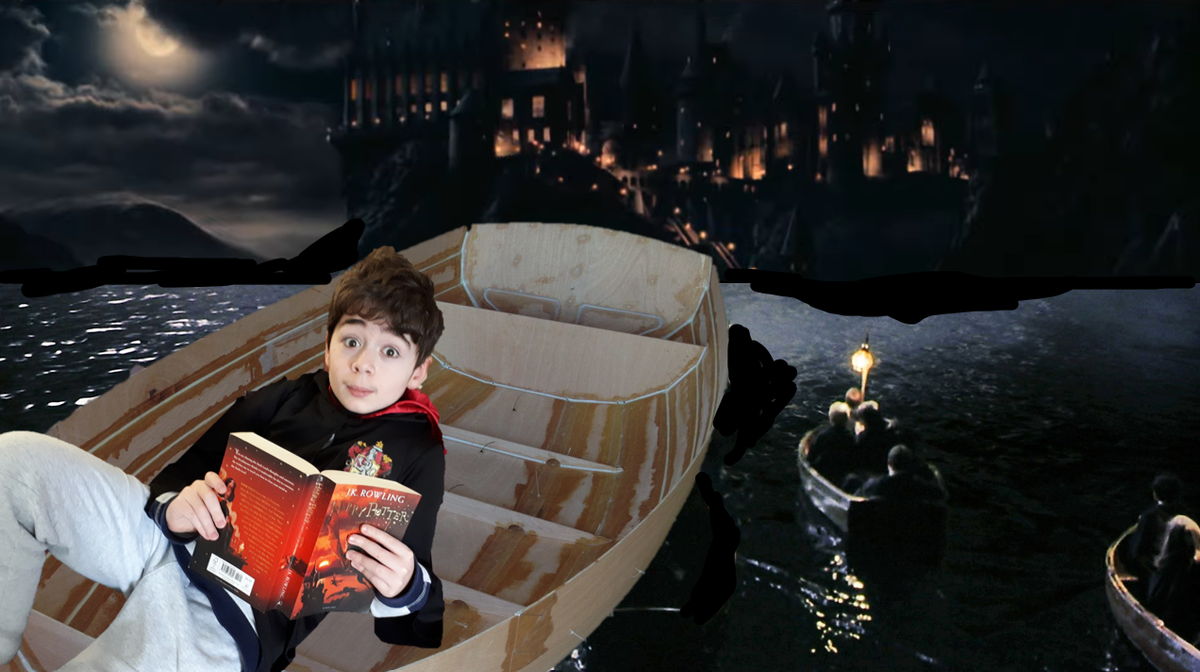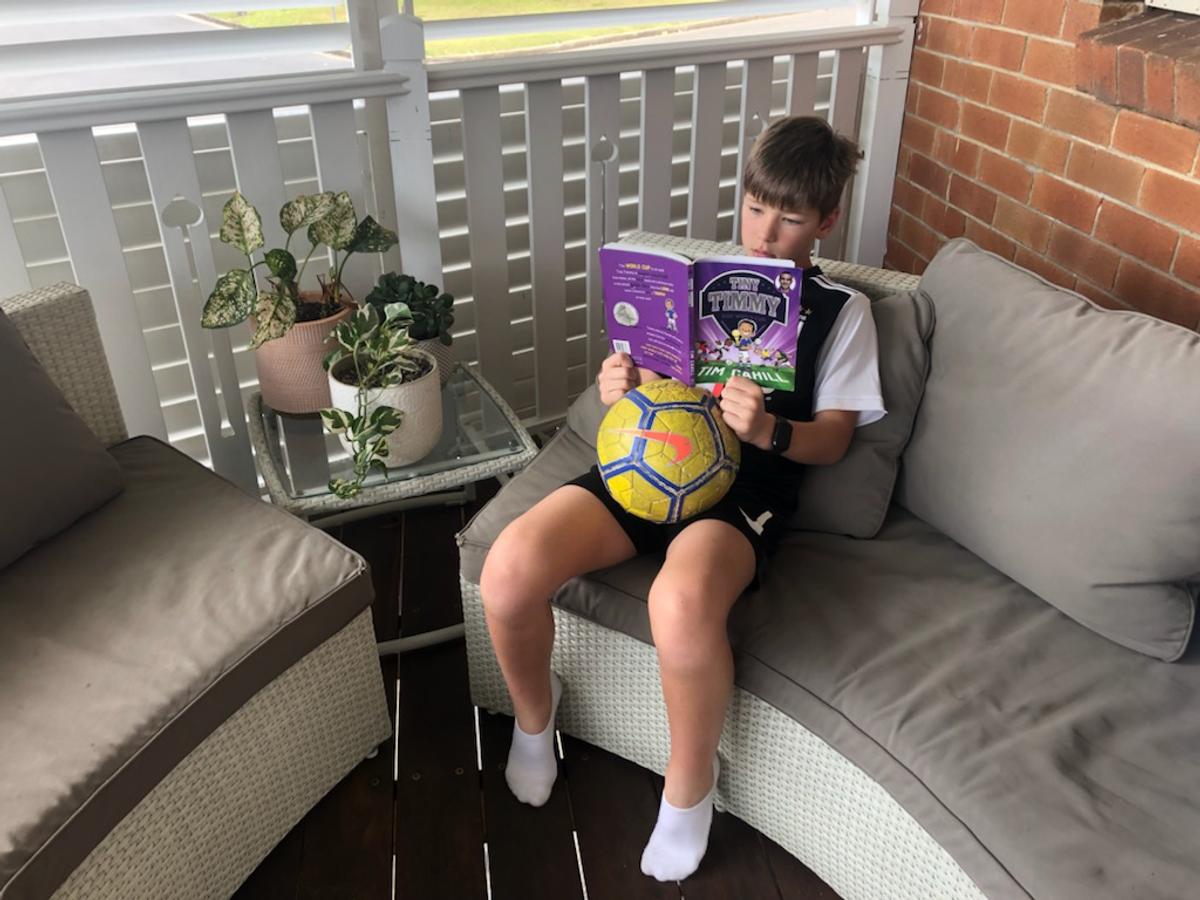Junior School
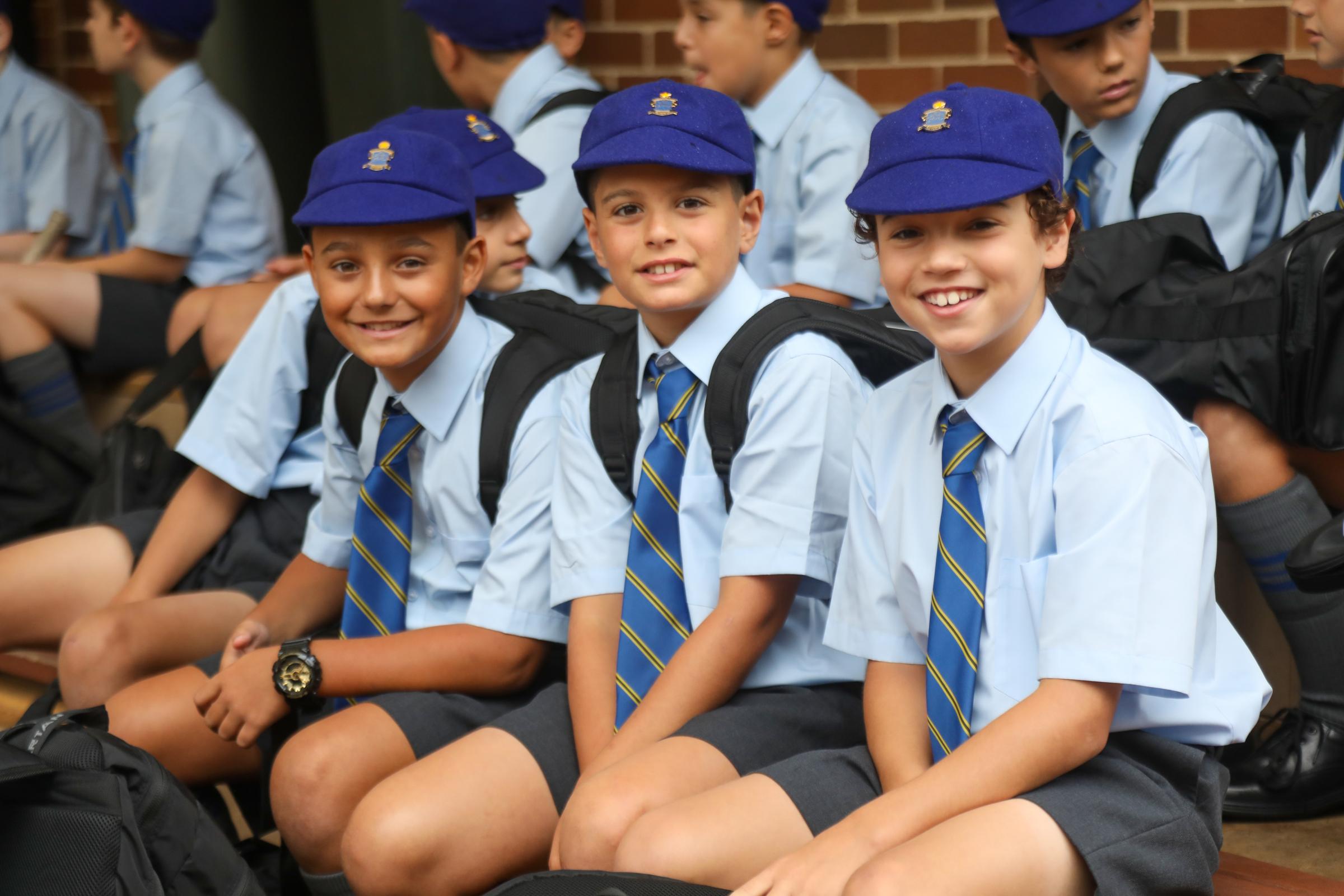
When Primary Aged Children Ask About Afghanistan
There have been some very confronting images, reporting and commentary in popular media in recent weeks about the still unfolding events in Afghanistan. To be sure, it takes a lot for adults like you and me to process and comprehend what is happening and what it all means, so it is understandable that young children may have trouble understanding all they see and hear. The sheer bluntness of the ‘facts’ can make them remote and desensitising, and thus children can find it hard to really ‘get’ what is happening and empathise with the people, the real people, these things are happening to. Often with complex and difficult issues, I suggest that an effective way to help children understand them more deeply is through stories.
As we are celebrating Book Week this week, I will focus on written stories for now. There is a great deal of quality children’s literature available that can help children appreciate the reality of life for children living in, and from Afghanistan. Parvana and Parvana’s Journey by Deborah Ellis, Mahtab’s Story by Libby Gleeson and Boy Overboard and Girl Underground by Morris Gleitzman, are all stories by Australian authors that can draw primary school-aged readers into the worlds of the characters. Fictional stories like these are typically inspired by real stories, based on exhaustive research into the lives and experiences of real people. In the hands of expert story tellers, who create stories we want to invest ourselves in as readers, the stories become part of us and enable us to connect with ‘the other’.
Oral stories can do the same. Perhaps you have your own connections to Afghanistan or people who have come to Australia from Afghanistan and could share your stories in a way that engages your children. I hope you will permit me to share one such story from my own life.
A couple of years after leaving school, I found myself working with newly arrived refugees, including people who had come to Australia from Afghanistan. It was a very formative time in my life, and I have so many memories of people I met and helped, and who helped me too, in ways I did not understand at the time. On one occasion we delivered some donated mattresses, bedding, clothing, and cooking pans to a newly arrived family from Afghanistan. They were so grateful for these humble essentials. Despite our lack of a mutual language, they impressed upon us that we were to sit down, which we did on the floor as there was no living room furniture, and they soon served us strong, sweet tea in mismatched glasses. As we drank, mostly in silence but with many smiles, from time to time one of us would point to an object and try to share the name for that thing in our language. Unfortunately for me, I was never much of a linguist. After some time, we made to leave, but our hosts protested, insisting we have another glass of tea; all the while, sounds and smells emanated from the kitchen. After several glasses and quite some time longer, a large plate of steaming pilaf emerged from the kitchen – our hosts were feeding us to say thank you for our gifts! They did not yet have dining plates, so we ate off folded newspaper. Our new friends explained, mostly with gestures and encouraging expressions, how to eat rice with your hands. We felt bad about eating some of the little that they had when we could have bought our own lunch, but it was clear that to be able to offer us this hospitality was a matter of pride and gratitude for them. When we did leave, I was glad that we had been able to give the gifts of time, friendship and welcome, even more than the important physical items we had delivered. Nevertheless, I felt that our new friends had given us more than they had received, by feeding us generously when they had little, and extending us the hospitality of their culture and welcoming us into their family and household. We visited many times in the following months, but in time, our friends moved on to a new chapter in a new neighbourhood and eventually we lost touch. I sometimes wonder how the intervening years have worked out for this family, and the many other families and individuals we met in those days.
I was able to share this story with my children this last week as we talked about what life could be like for those trying to leave Afghanistan now, if they are lucky enough to be welcomed into Australia. I think a story helped to make it real and hit home differently to just bare facts.
I am sure I don’t need to ask you, but I will anyway – please, please pray for our sisters and brothers in Afghanistan. I encourage you to also take action to make your support more concrete too, whether politically by communicating with your local Member of Parliament, or engaging in acts of advocacy, or practically by donating. This is a clear opportunity for us to live the Touchstones of Inclusive Community and Justice and Solidarity.
Year 5 Students of the Fortnight
The most recent Year 5 Student of the Fortnight Award recipients are:
Leon Doyle | Tyson Khoury | Peter Touma |
Daniel Garrett | Kristian Tanevski | Stephen Tsabalas |
Congratulations to all these boys!
God bless,
Ben Munday
Director of Junior School
Book Week
The Junior School are celebrating Book Week throughout this week. Book Parades are being held in every class, with the winners announced next week. The students have also been asked to send in photographs of themselves 'caught reading', here are some examples!
Helen Gibson
Westcourt Teacher Librarian

